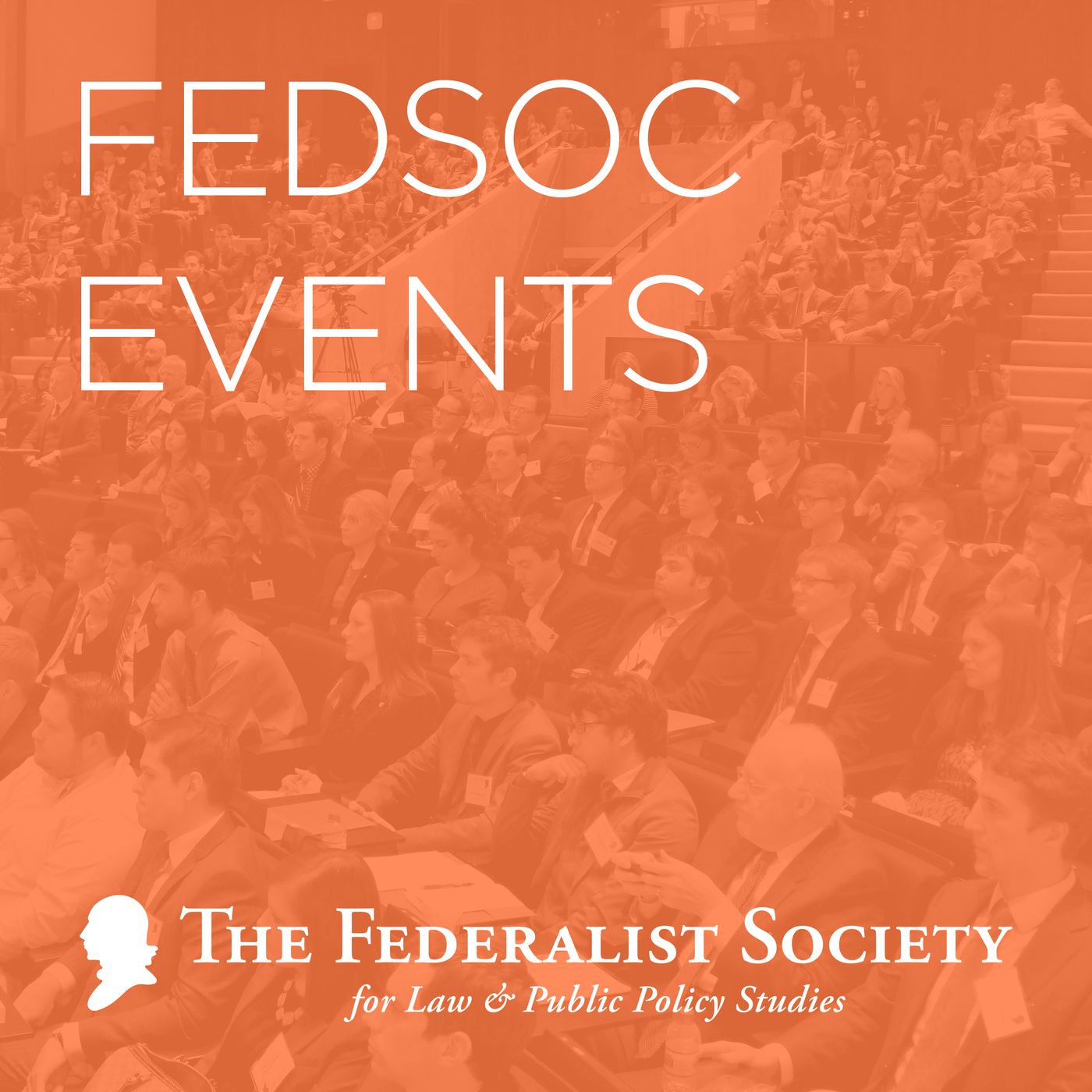- News
- Politics
- SEE MORE
- classical
- general
- talk
- News
- Family
- Bürgerfunk
- pop
- Islam
- soul
- jazz
- Comedy
- humor
- wissenschaft
- opera
- baroque
- gesellschaft
- theater
- Local
- alternative
- electro
- rock
- rap
- lifestyle
- Music
- como
- RNE
- ballads
- greek
- Buddhism
- deportes
- christian
- Technology
- piano
- djs
- Dance
- dutch
- flamenco
- social
- hope
- christian rock
- academia
- afrique
- Business
- musique
- ελληνική-μουσική
- religion
- World radio
- Zarzuela
- travel
- World
- NFL
- media
- Art
- public
- Sports
- Gospel
- st.
- baptist
- Leisure
- Kids & Family
- musical
- club
- Culture
- Health & Fitness
- True Crime
- Fiction
- children
- Society & Culture
- TV & Film
- gold
- kunst
- música
- gay
- Natural
- a
- francais
- bach
- economics
- kultur
- evangelical
- tech
- Opinion
- Government
- gaming
- College
- technik
- History
- Jesus
- Health
- movies
- radio
- services
- Church
- podcast
- Education
- international
- Transportation
- Other
- kids
- podcasts
- philadelphia
- Noticias
- love
- sport
- Salud
- film
- and
- 4chan
- Disco
- Stories
- fashion
- Arts
- interviews
- hardstyle
- entertainment
- humour
- medieval
- literature
- alma
- Cultura
- video
- TV
- Science
- en
Introduction to Originalism and Federalism: Where Are the Courts Heading?

b'Since the 1980s, the originalist approach to constitutional interpretation has gained greater and greater acceptance in legal circles, and the number of originalists within the Supreme Court and the federal judiciary has grown. At the same time, originalism still has fierce critics who argue that it is an inappropriate method for constitutional interpretation. Likewise, in the last decades of the 20th century the U.S. Supreme Court breathed new life into a federalist view of the Constitution and the relationship between the federal government and the states. As with originalism, the federalist movement has its own strong critics.
The panelists discussed these two legal concepts. What are originalism and federalism, really? Are they valid or flawed? What developments may we see from the federal courts with regard to these concepts in the future—particularly in light of Neil Gorsuch’s joining the U.S. Supreme Court in 2017? And how do these concepts apply to the work of ordinary legal practitioners?
Jonathan Adler, Johan Verheij Memorial Professor of Law; Director, Center for Business Law and Regulation, Case Western Reserve University School of Law
Eric Murphy, State Solicitor, Ohio
Peter M. Shane, Jacob E. Davis and Jacob E. Davis II Chair in Law, Ohio State University Moritz College of Law
Moderator: Hon. Gregory G. Katsas, United States Court of Appeals, District of Columbia Circuit'